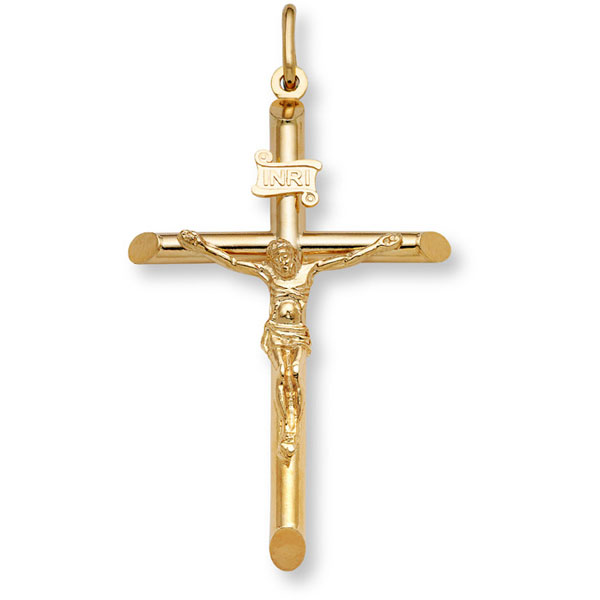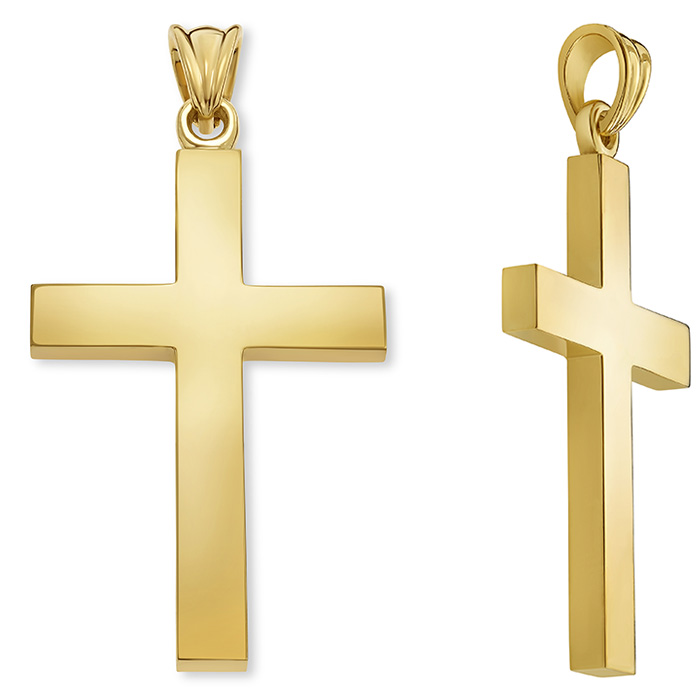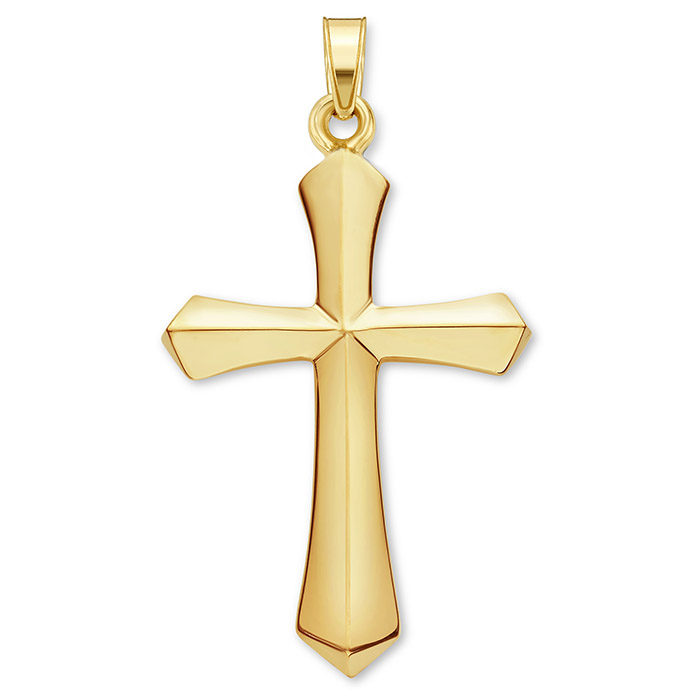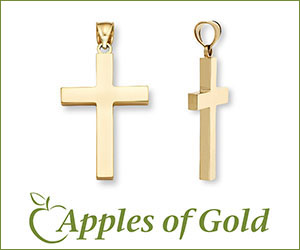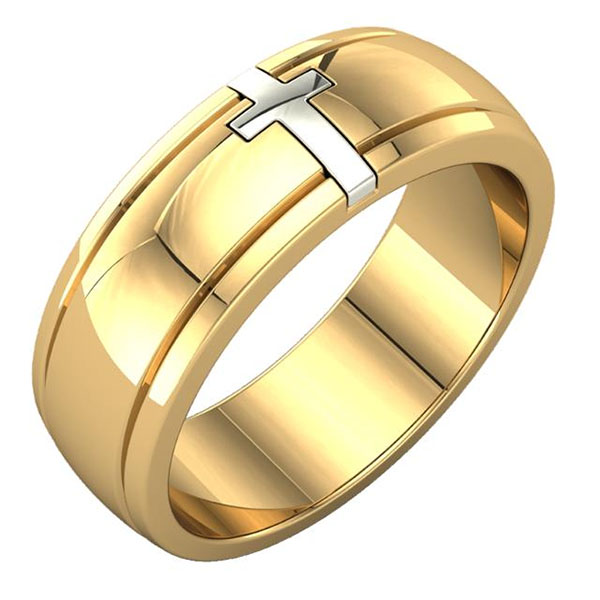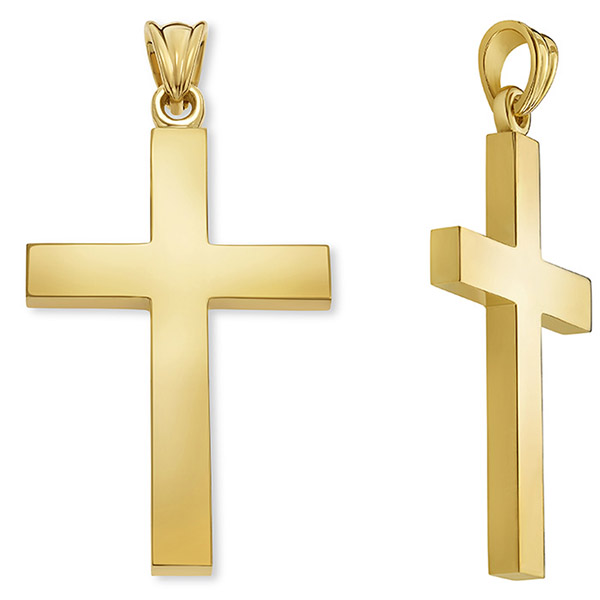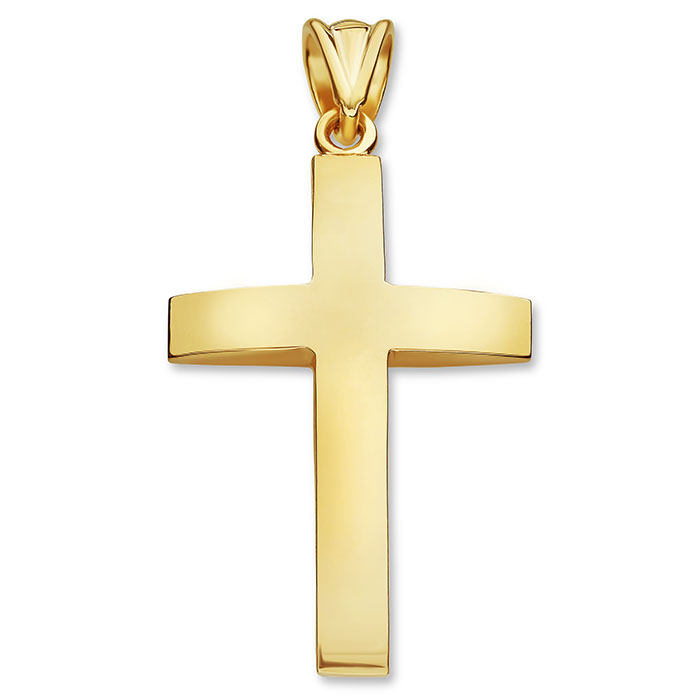Meaning of Easter
The meaning of easter is first and foremost about the resurrection of Jesus Christ from the dead. After taking on the sins of the whole world upon Himself on the cross, Jesus was crucified, died, and rose again on the third day.
The Meaning of Easter
Easter or “pascha” (the Greek and Latin term derived from pascho, meaning “to suffer”) is preceded by Palm Sunday which commences the first day of Holy Week, the week of Passover preparations, leading up to Jesus’ crucifixion on the cross on the day of Passover itself. This coincided with the Biblical claim that Jesus is the “Lamb of God which taketh away the sin of the world” (John 1:29).
Easter is also referred to as “Resurrection Sunday”, since Jesus rose again, according to the Bible, on the “first day of the week”. Mark 16:9: “Now when Jesus was risen early the first day of the week, he appeared first to Mary Magdalene, out of whom he had cast seven devils.”
The central message of Easter is encapsulated by Paul the Apostle’s words in 1 Corinthians 15:3-4, which also defines, in short, the message of the Gospel: “For I delivered unto you first of all that which I also received, how that Christ died for our sins according to the scriptures; and that he was buried, and that he rose again the third day according to the scriptures.”
The Theology of Easter
The real Easter celebrated by Christians worldwide is not about Easter bunnies or decorating eggs, but about celebrating the resurrection of Jesus Christ. Without the Resurrection, Christianity would be meaningless.
As Paul stated in 1 Corinthians 15:17-19: “And if Christ be not raised, your faith is vain; ye are yet in your sins. Then they also which are fallen asleep in Christ are perished. If in this life only we have hope in Christ, we are of all men most miserable.”
If Jesus has not risen from the dead, then His blood sacrifice and atonement on the cross was not efficacious to cleanse us of our sins.
In Christ, we have new life and a new beginning through the resurrection of the Son of God. Ultimately, Easter means that Jesus conquered death and sin.
Pagan Origin of Easter?
You may have heard that “Easter” is actually a pagan holiday, named after the Eostre, the pagan goddess of associated with Spring, the vernal equinox, fertility rituals and renewal and rebirth.
While the name, “Easter”, may have pagan roots, Christians are clearly not celebrating the Saxon mother goddess of renewal, but the resurrection of Jesus Christ the Son of God. This is why, however, some choose to call this Christian holiday, “Resurrection Day” or “Resurrection Sunday”, so as to avoid the appearance of knowingly celebrating anything pagan.
Resurrection of Jesus Christ
Christians have for centuries been known to “take over” popular, pagan holidays like Christmas and adapt or Christianize them to Christianity for the glory of God. In this way, the focus is taken off of the “goddess” and placed on Christ instead.
After all, what is in a name or a label? Whether you call this world renown Christian holiday, Easter, Pascha or Resurrection Day, we’re celebrating Jesus Christ, the son of God, dying for our sins and rising from the dead!
“O death, where is thy sting? O grave, where is thy victory? 5The sting of death is sin; and the strength of sin is the law. But thanks be to God, which giveth us the victory through our Lord Jesus Christ.” – 1 Corinthians 15:55-57.



